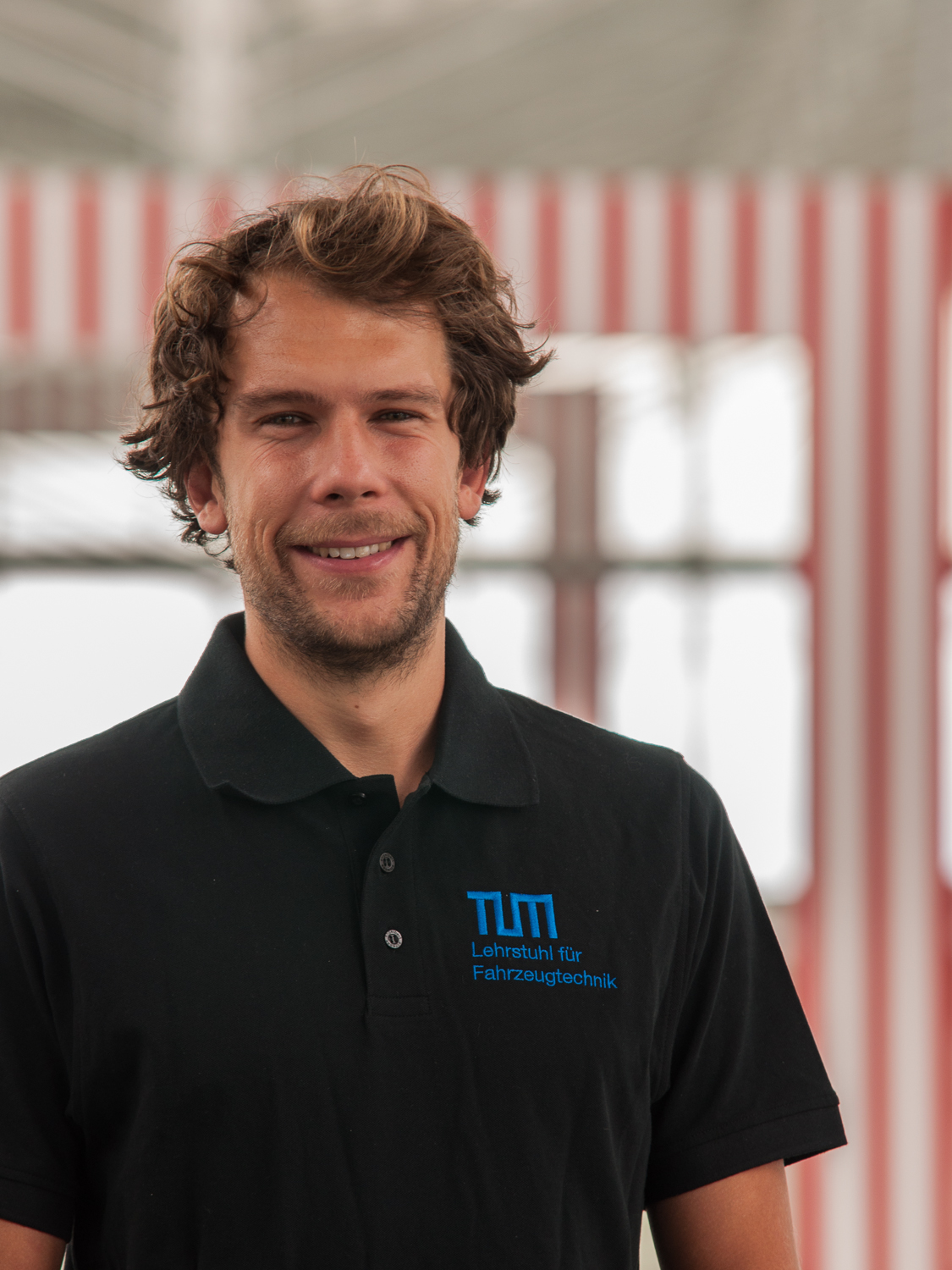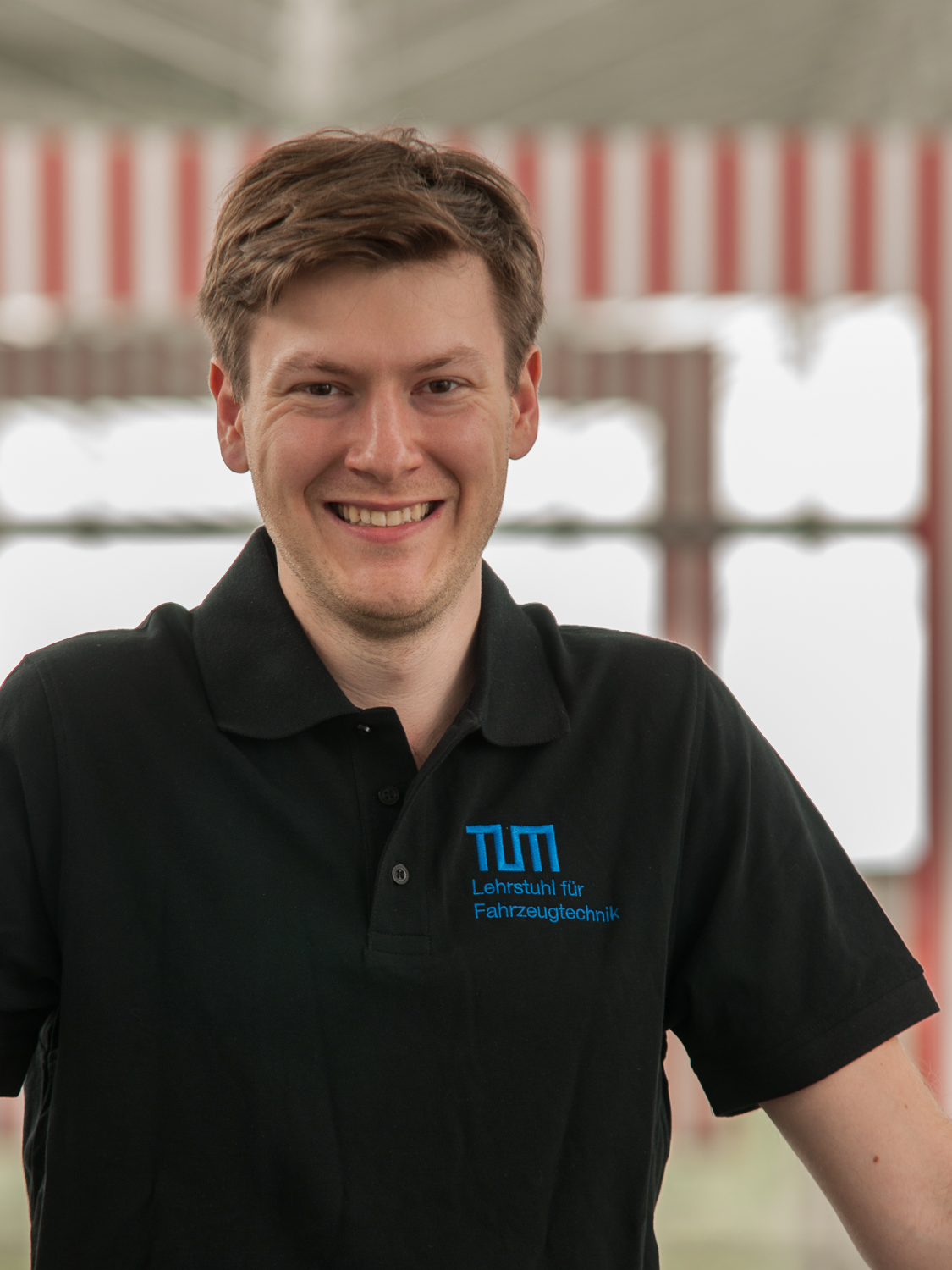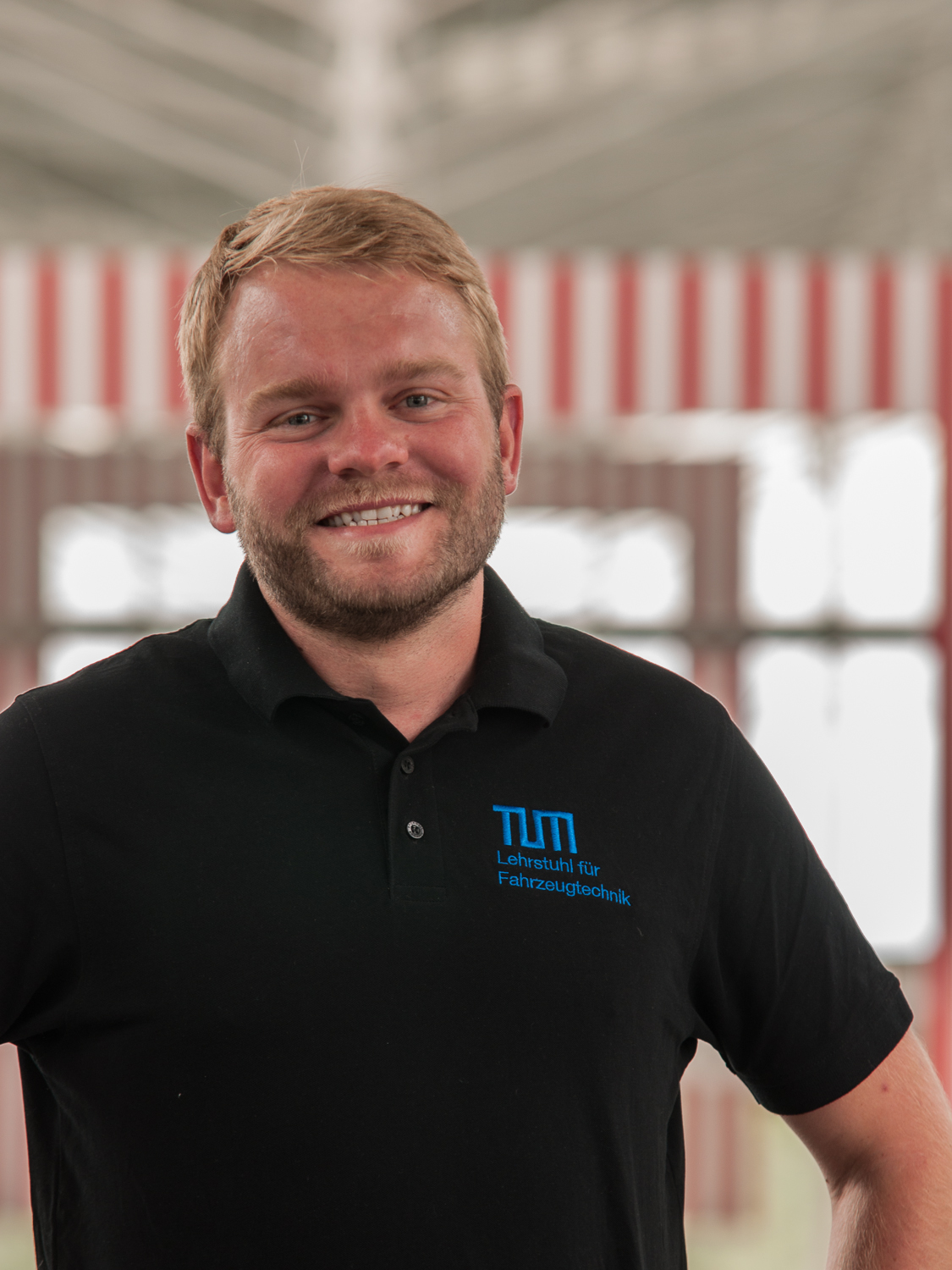Phase 1: aCar Concept Research
Starting from 2013 the first concept of the aCar was researched directly in cooperation with regional communities in Africa.
Unlike conventional vehicles, connected electric vehicles enable us to consider more than mobility for mobility's sake. Systematic synergies can be leveraged between vehicles, energy grids, and ICT-based services. Our goal is to understand these synergies in order to start co-developing sustainable solutions for agricultural value chains.
Synergies between electric vehicles and mini-grids result in better utilization / uptime and therefore cheaper costs for customers.
Future transport services can be optimized by better understanding current and future mobility demands with data.
Sustainable vehicle operations through context-specific service designs hold the key to successful and long-lasting business models.
The African agricultural sector is in the process of entering international value chains. There has been a lot of talk about sub-Saharan Africa’s mobility needs as a result. Boosting the region’s economic development and creating jobs for its youth will require durable and innovative solutions. However, scattered farming communities suffer from diverse and specific circumstances that make participation in value chains difficult. Said circumstances must be analyzed. Our research therefore begins with a concentrated analysis of regional contexts able to give insights on interaction points and causalities related to mobility.
The aCar Project wants to create long-lasting solutions for sub-Saharan Africa’s agricultural sector. We aim to do so by studying and tackling the mobility challenges associated with inputs, farming, processing, storage, and transport.
Our focus on e-mobility is not just rooted in the environmental friendliness of electric cars. It results from past achievements in the creation and design of an aCar vehicle.
Thanks to assistance from the German Federal Ministry for Economic Cooperation and Development (BMZ), we are able to research electric mobility in sub-Saharan Africa. Several other partners are helping us complete this task as well.
Our core team consists of three fully-funded researchers working out of the Institute of Automotive Technology at the Technical University Munich.

Service
My research focuses on the touchpoints between technology and the customer. I want to know how smart services connected to electric vehicles can potentially lower the cost of transportation.

Mobility
My goal is to research mobility patterns in the sub-Saharan region. Through the acquisition of different datasets, I want to implement scientific models able to predict mobility behaviours and demands in new, innovative ways.

Energy
My research investigates how to supply battery electric vehicles with energy in Africa. Additionally, I determine effects of intelligently coupled operation on decentralized electrification concepts and vehicle design.
Find below the places we are currently located at.